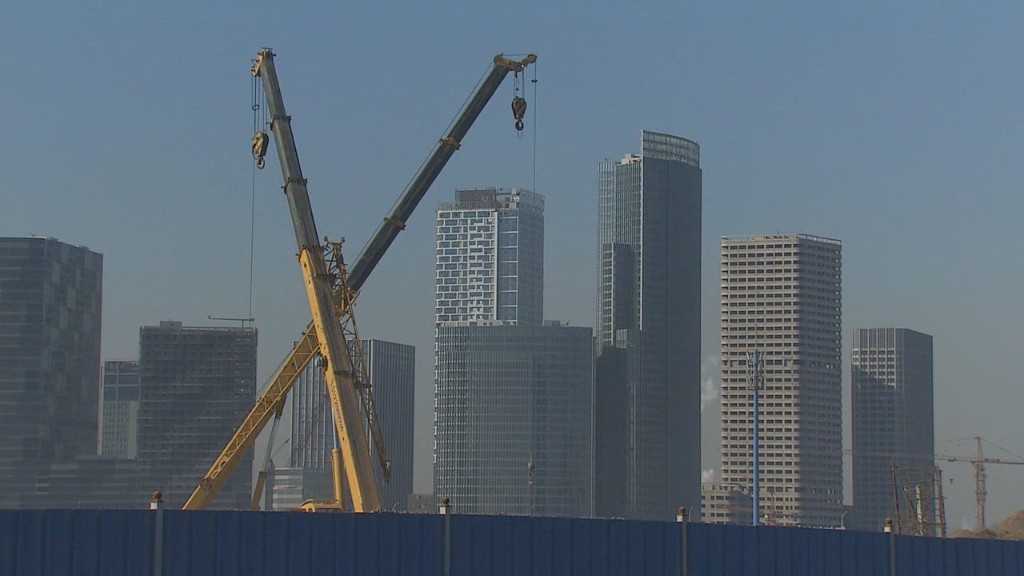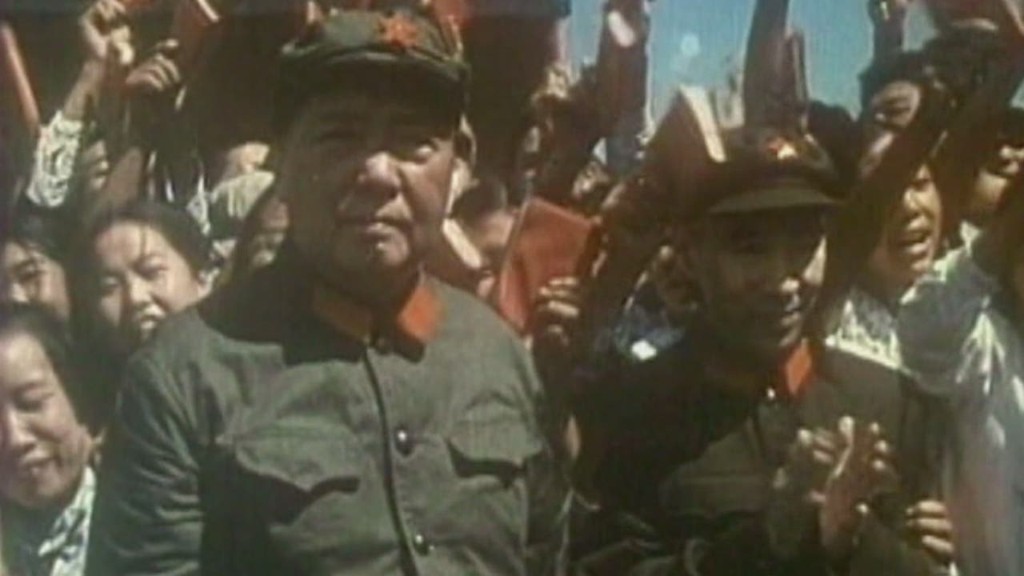
China's economy grew at its slowest pace in more than two decades in 2014, a performance that underscores the depth of challenges facing the world's second-largest economy.
Gross domestic product was 7.4% in 2014, compared to the same period the previous year, according to the National Bureau of Statistics. That's below the government's 7.5% goal, and is the slowest growth rate since 1990.
Full-year growth was dragged down by a 7.3% expansion in the final three months of the year, the slowest quarterly growth rate since the global financial crisis.
The uninspired results were expected, and Beijing had signaled it would tolerate growth that was slightly below target. China is still growing more rapidly than any other major economy.
GDP growth in China remains the most comprehensive gauge of the country's economic health -- an important number to watch as the government works to reform the world's second-largest economy and shift to consumption-driven growth.
Related: IMF says the world economy is worse off than thought
China averaged economic expansion of around 10% a year over the past three decades, pushing it up the list of biggest economies and boosting household wealth. But now, the pace of growth is languishing -- China recorded GDP growth of 7.7% in 2012 and 2013, a marked slowdown from 9.3% in 2011 and 10.5% in 2010.
The government is expected to set its official target for 2015 at a meeting in March.
Andrew Colquhoun, an economist at Fitch Ratings, said that investors should "expect growth numbers starting with a 6 to come through in 2015." The ratings agency's forecast calls for 6.8% growth this year, followed by 6.5% in 2016.
Related: The Chinese like capitalism more than Americans

China continues to face a number of long-standing risks, such as ballooning government and corporate debt and a weak property sector.
In the face of a sustained downturn, the government has deployed incremental measures to boost the economy. Beijing has accelerated infrastructure projects, cut interest rates and tried to bolster the flagging property market.
Other efforts to support the financial markets have largely flopped -- a much-hyped pilot program to connect the Hong Kong and Shanghai exchanges has attracted relatively little investor interest.
Experts say a drop in global oil prices will provide a mini-boost to China. Costs will be lower for consumers and businesses, and the government should have more room to carry out reforms.


